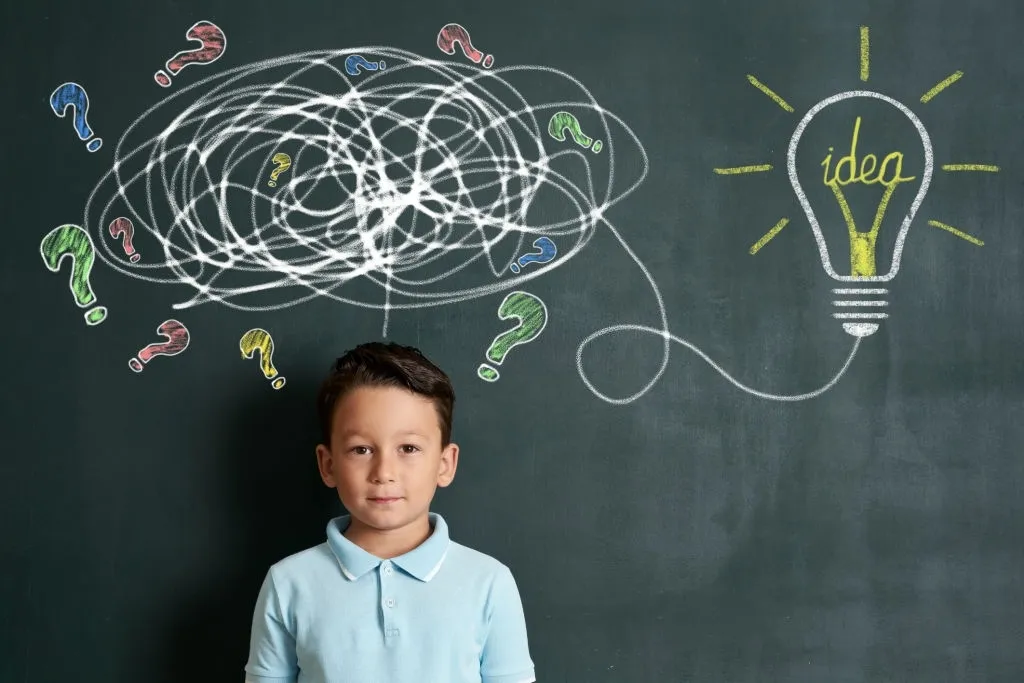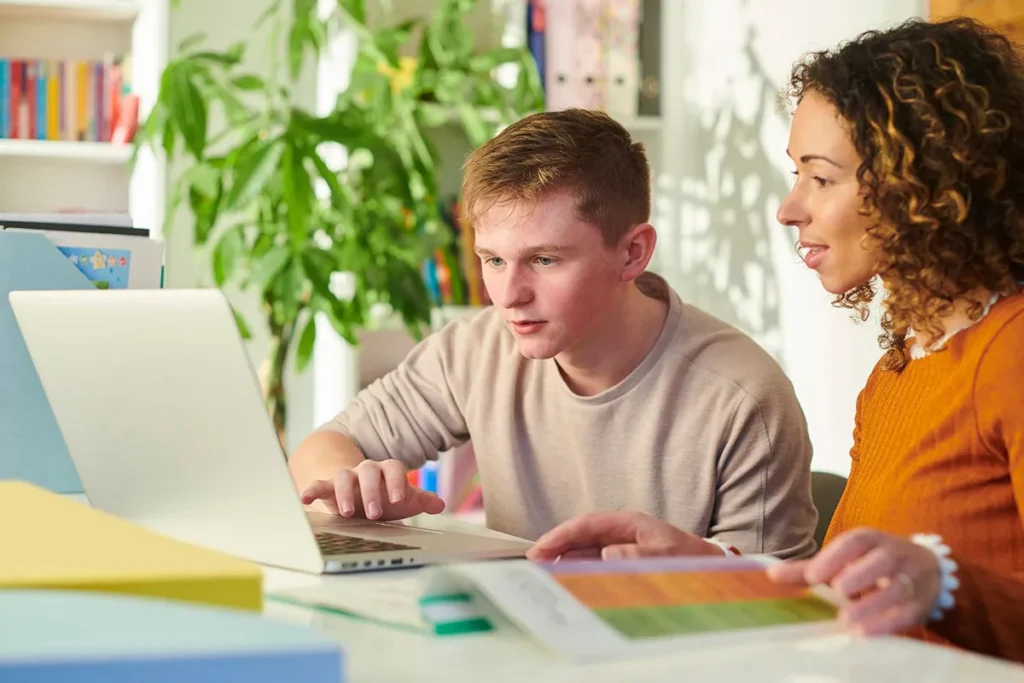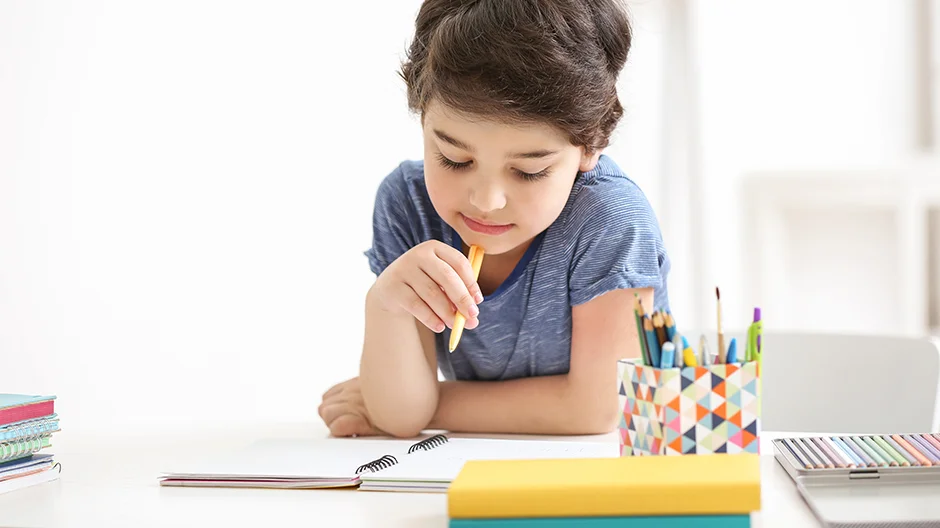Critical thinking isn’t just for adults. Kids who learn how to analyze, ask questions, and solve problems early are better prepared for school—and life. In this guide, you’ll find creative, age-appropriate critical thinking activities for kids that are not only educational but genuinely fun.
We’ll break it down by age, include real-life examples, and offer printable-ready suggestions to use at home or in class.
Why Teach Critical Thinking to Kids?
Imagine your child trying to solve a Lego problem, figuring out why their tower keeps falling. That’s critical thinking.
Teaching these skills early helps children:
- Solve problems with confidence
- Think independently
- Communicate better
- Make smarter decisions

Real-Life Example: Meet Chris, Age 7
Chris used to get frustrated with puzzles. His teacher introduced “What If” questions and mind mapping. A few weeks later, he started thinking differently—not just trying, but understanding why a piece didn’t fit. His confidence soared, and now he leads puzzle time in class.
Critical Thinking Activities by Age Group
For Preschoolers (Ages 3–5)
At this age, it’s all about curiosity and imagination.
1. What’s Missing?
Place five familiar objects on a tray. Let the child observe them, then cover and remove one. Ask: “What’s missing?”
Builds observation, memory, and deduction.
2. Yes or No Sorting
Use objects like fruit or toys. Ask: “Can this roll?” or “Is this food?” Let the child sort based on answers.
Real-Life Tip: Use daily items like spoons, keys, or socks. It’s low-prep, real-world, and meaningful.
For Elementary School Kids (Ages 6–10)
Now they’re ready to analyze, compare, and reflect.
3. The “What If” Game
Ask fun, open-ended questions:
- What if animals could talk?
- What if you could only eat one food forever?
Let them explain their thoughts.
4. Mind Mapping Projects
Choose a theme like “Rainy Day.” Draw the topic in the center and branch out ideas—clothes, games, emotions.
Encourages brainstorming, categorizing, and connecting ideas.
5. Problem-Solving STEM Challenge
Give them straws, tape, and a toy car. Ask: Can you build a ramp that makes the car go the farthest?
Encourages testing, modifying, and creative solutions.
For Preteens & Teens (Ages 11–16)
Older kids benefit from structured thinking, logic, and empathy exercises.
6. Debate with a Twist
Choose a light topic: “Should school be 4 days a week?”
Assign sides randomly. They must argue for a side—even if they disagree.
Teaches perspective-taking and structured argumentation.
7. The Ranking Game
Give a list: water, food, phone, flashlight, map. Ask:
“You’re stranded on an island. Rank these by importance.”
Discuss choices and reasoning.
8. Socratic Question Circles
Read a short story or watch a video clip. Then ask layered questions:
- What happened?
- Why did they act that way?
- What would you have done?
Builds deep thinking, empathy, and communication.

Bonus: Free Printable Thinking Tools
Make the most of these activities with printable:
- Mind Map Templates
- “What If” Question Cards
- Critical Thinking Scavenger Hunt
(Coming soon to SmartParentSolutions.com)
Real-Life Example: Sara’s Family Critical Thinking Night
Every Friday, Sara (a mom of 3) hosts “Thinking Night.” One week it’s logic puzzles, the next it’s debate challenges over dinner. The kids now look forward to it more than movie night—and the discussions are sharper than ever.
Quick Comparison Table
| Activity | Age Group | Skills Targeted | Setup Time |
|---|---|---|---|
| “What’s Missing?” | 3–5 | Memory, focus | 5 min |
| Mind Mapping | 6–10 | Creativity, organization | 10 min |
| STEM Ramp Challenge | 6–10 | Experimentation, problem solving | 15 min |
| Debate Game | 11–16 | Persuasion, empathy | 10 min |
| Ranking Game | 11–16 | Prioritizing, justification | 10 min |
Final Thoughts
Critical thinking isn’t about getting the right answer—it’s about learning how to think. With these fun, simple, real-life activities, you can raise a confident, curious, and capable thinker.
Want even more ideas? Explore our printable toolkit and follow us for weekly brain-boosting games.
FAQs
Q: What’s a simple way to introduce critical thinking to preschoolers?
A: Start with fun questions like “What’s different?” or use matching games and “What’s missing?” trays.
Q: Can critical thinking be taught at home without special materials?
A: Yes! Use daily activities like cooking (“What should we add next?”) or grocery shopping (“Why is this brand cheaper?”).
Q: How can I make critical thinking fun for my child?
A: Turn it into a game! Debates, scavenger hunts, role play, or build-your-own challenge tasks work great.
Q: Does critical thinking help with school performance?
A: Absolutely. Kids who think critically perform better in math, science, writing, and even group work.

Russell F. Jones, holding a Master in psychology from the University of Florida. He writes for Smart Parent Solutions, offering practical advice on parenting and child development. His engaging content helps parents navigate family life with confidence and ease. Russell enjoys sharing his knowledge and spending quality time with his family.
